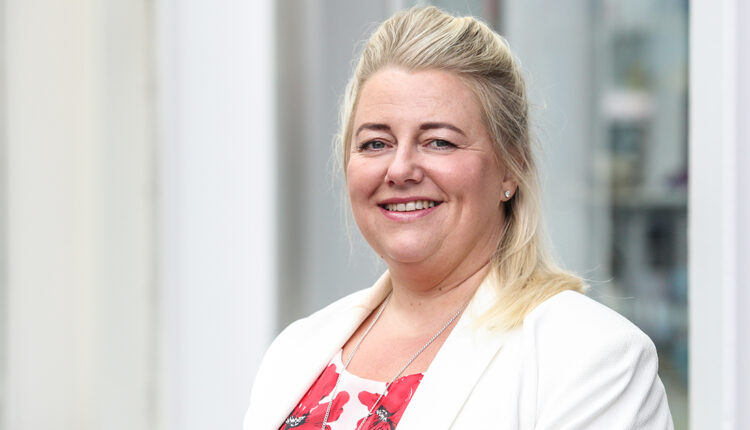
Representing 1,500 businesses in Liverpool city centre, Liverpool BID Company has unveiled four ‘BID Champions’ who will help drive the post-pandemic recovery. Tony McDonough reports
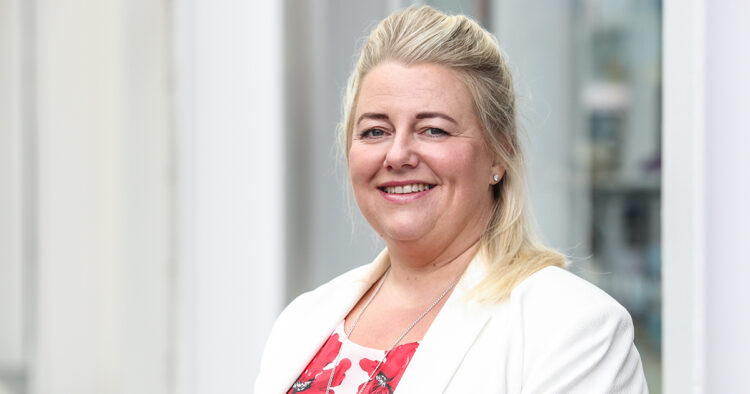
Liverpool BID Company, which represents 1,500 businesses in the city centre has unveiled four ‘BID Champions’ who will help spearhead the post-COVID recovery.
BID, which covers both the retail/leisure and commercial districts of the city centre, excluding Liverpool ONE, has laid out a recovery strategy based around making sure Liverpool remains a mixed use economy.
Its four BID Champions are drawn from different business sectors and they will play a leading role in the vision for recovery from the devastating impact of the pandemic. They will represent the diversity of businesses that make up the BID membership. They are:
Julie Johnson, business operations partner at Morecrofts Solicitors and chair of Commercial District BID, for corporate services
“Liverpool’s regeneration over the past 30 years is rooted in its mixed use economy. There is a passion and a commitment for Liverpool to succeed which has always helped it to fare well. The businesses within Liverpool can support its recovery and have a wealth of knowledge and expertise to underpin that.
“The way we work has changed drastically in the past year and it is important to understand the role of other sectors in supporting business through that change and to empower them to have a place within an exciting, forward thinking, resilient city centre as it evolves.”
Jennina O’Neill, chair of the Retail & Leisure BID, and centre manager at Metquarter, for retail
“Recovery is never one size fits all and by bringing different sectors and voices together we can help to shape a city centre that works for everyone who uses it. At Metquarter, we have worked to evolve the centre so that it represents that mixed use economy, expanding from purely retail to embrace leisure, education, hospitality and a thriving independent scene.
“From our international brands to our independents, Liverpool city centre has a place for everyone and its vibrant high streets attract visitors from across the country. We have to work together to ensure there is something to attract them in the years to come.”
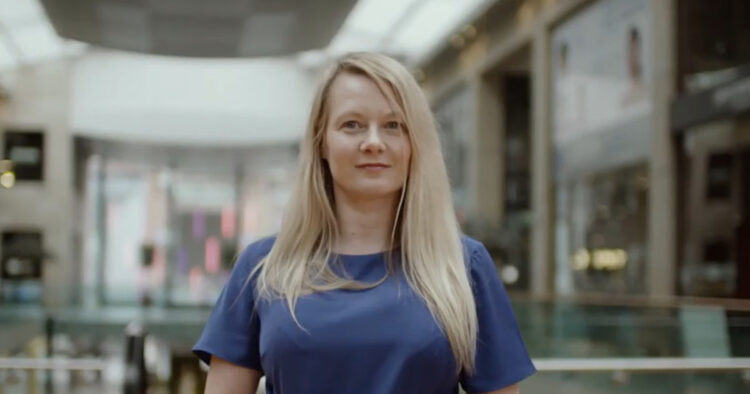
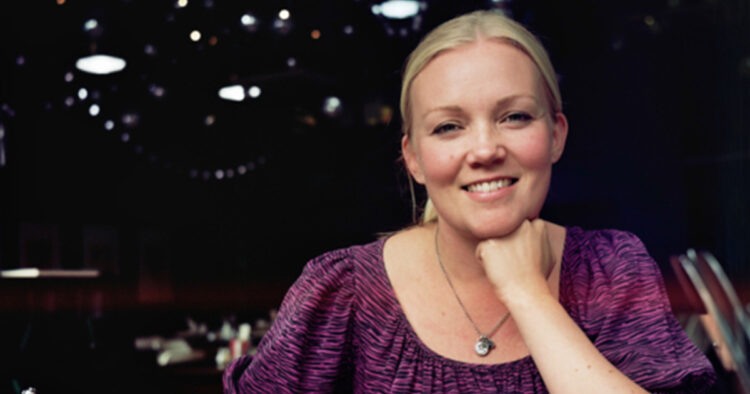
Natalie Haywood, managing director of the LEAF Group, for hospitality
“When we started as a small business, it was important for us to be able to have a say and be a stakeholder within our community. Projects such as Liverpool Without Walls have creatively explored how hospitality businesses like mine, and the hundreds of others operating within Liverpool city centre can continue to operate during this crisis.
“This was Liverpool at its best, being forward thinking, allowing its citizens to develop ideas and adapting the rules to help their businesses. It’s an example that’s being adopted around the world.
“Recovery means thinking about how we want Liverpool to operate in five years or 10 years, not just this storm. If we want to build back better, we have to make sure the city centre is a place to do business and to help our vibrant hospitality businesses to thrive.”
Gillian Miller, CEO of Liverpool’s Royal Court and Chair of St George’s Quarter CIC, for leisure and culture
“The leisure and cultural sectors are key to breathing life back into our city centre making it a welcoming, vibrant and creative environment for all. We want to be ready to welcome visitors from all over the city, region and from further afield back to enjoy Liverpool’s renowned rich cultural offer.
“We employ thousands of creative people across the leisure and culture sectors and are the envy of many cities. Culture has played such a huge part of Liverpool’s regeneration in the past and will continue to play a vital role in animating the city centre, encouraging confidence and helping to bring us all back together again safely.”
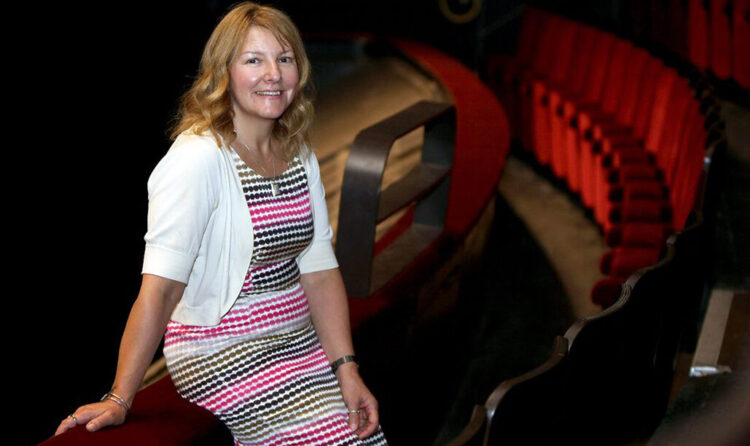
Liverpool BID Company, which focuses on improving the city centre as a place to live, work and do business, is placing a strategic focus on recovery.
The strength of Liverpool city centre is not at the expense of other areas of the city, but is to ensure the jewel in the crown and the engine of the city region economy is able to flourish and rebuild post-COVID-19.
There are key agreed actions that need to be addressed as part of Liverpool’s recovery, so the city centre emerges stronger. They include a focus on regeneration of areas such as Williamson Square, the Cavern Quarter and the commercial district.
Baltic Triangle joined BID last summer and so the emphasis is on giving existing businesses from every sector a greater say in the neighbourhoods and their development, making areas more connected, attractive.
The BID is also looking to engage with landlords, local businesses and local agencies on empty units and work with local and regional government to examine a review of business rates, allowing business with a physical premise to operate in a level playing field.
